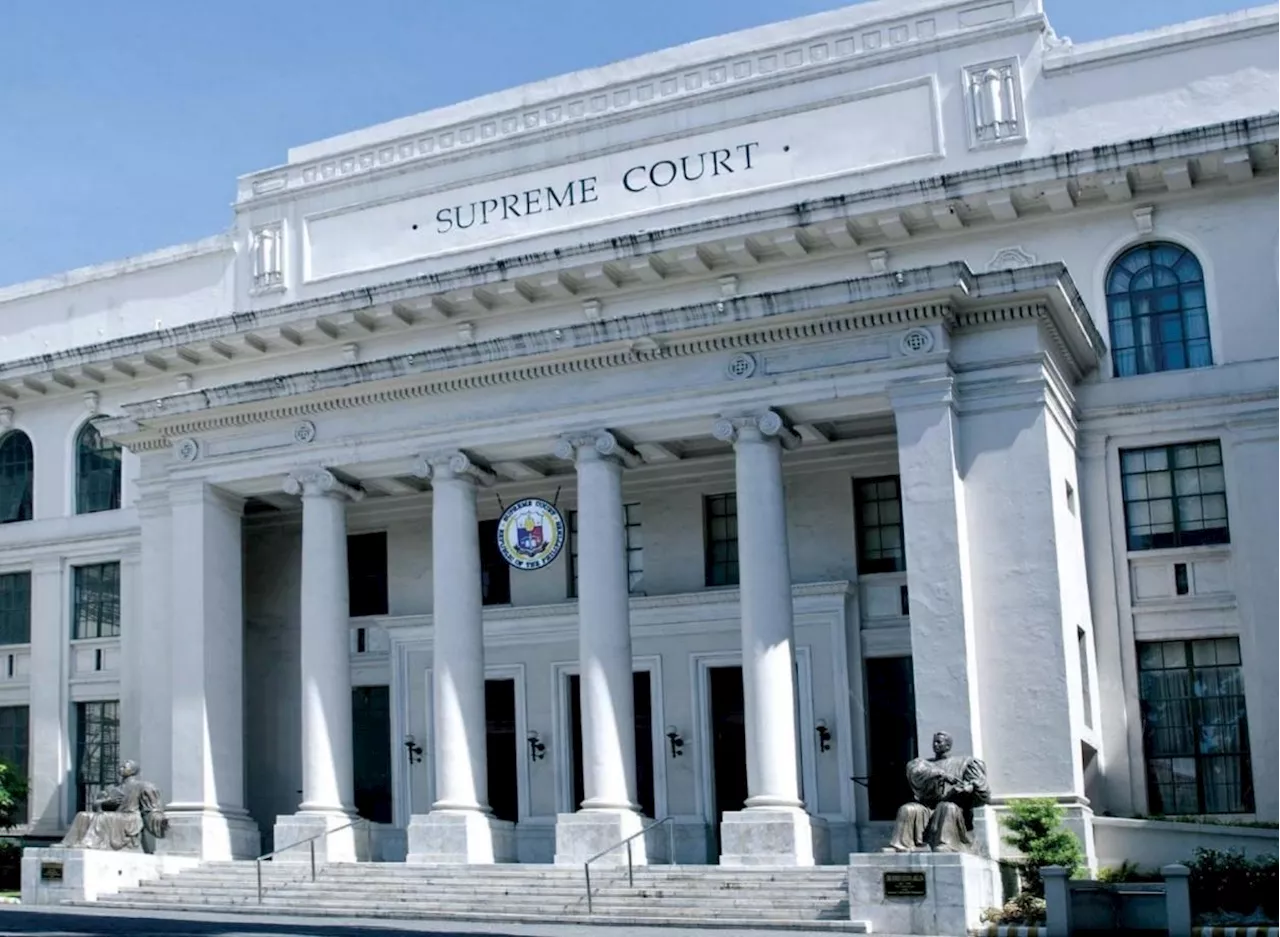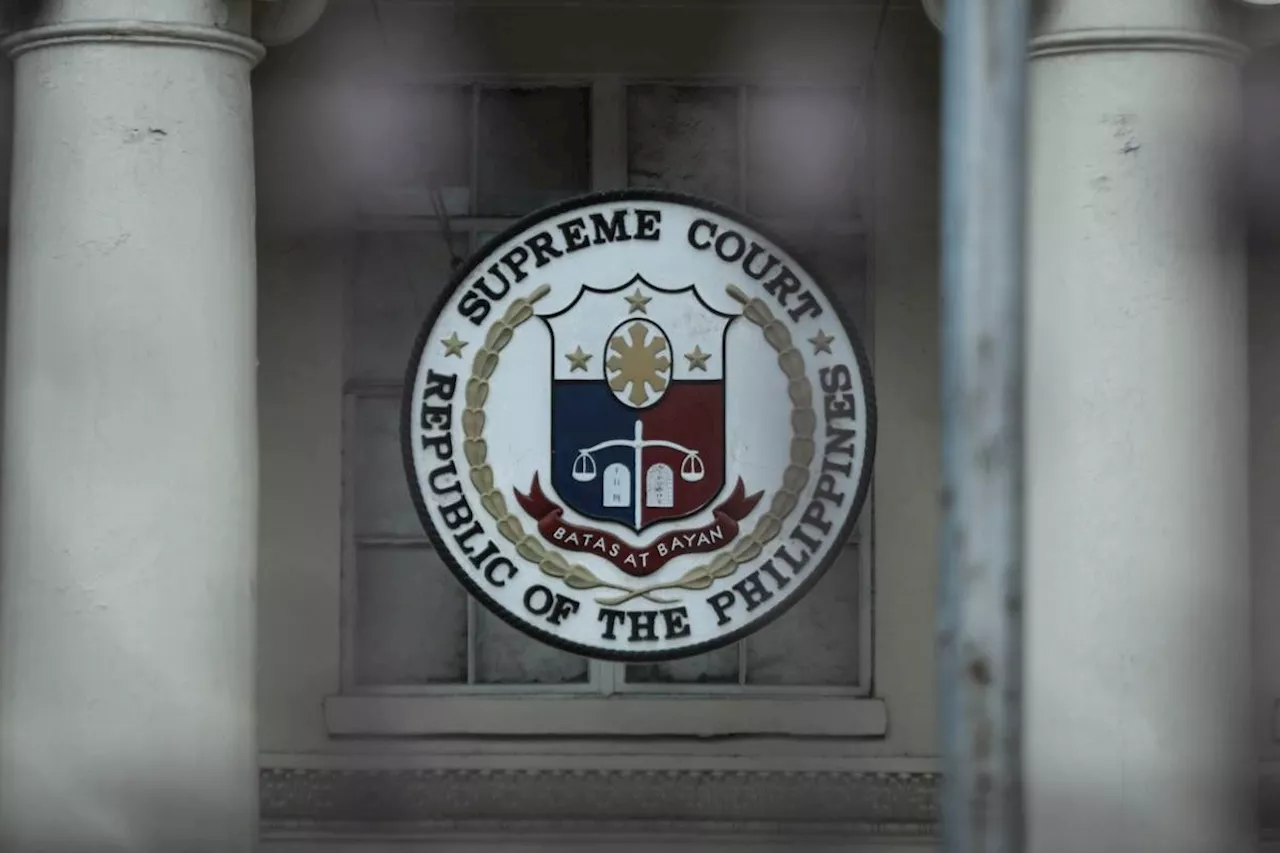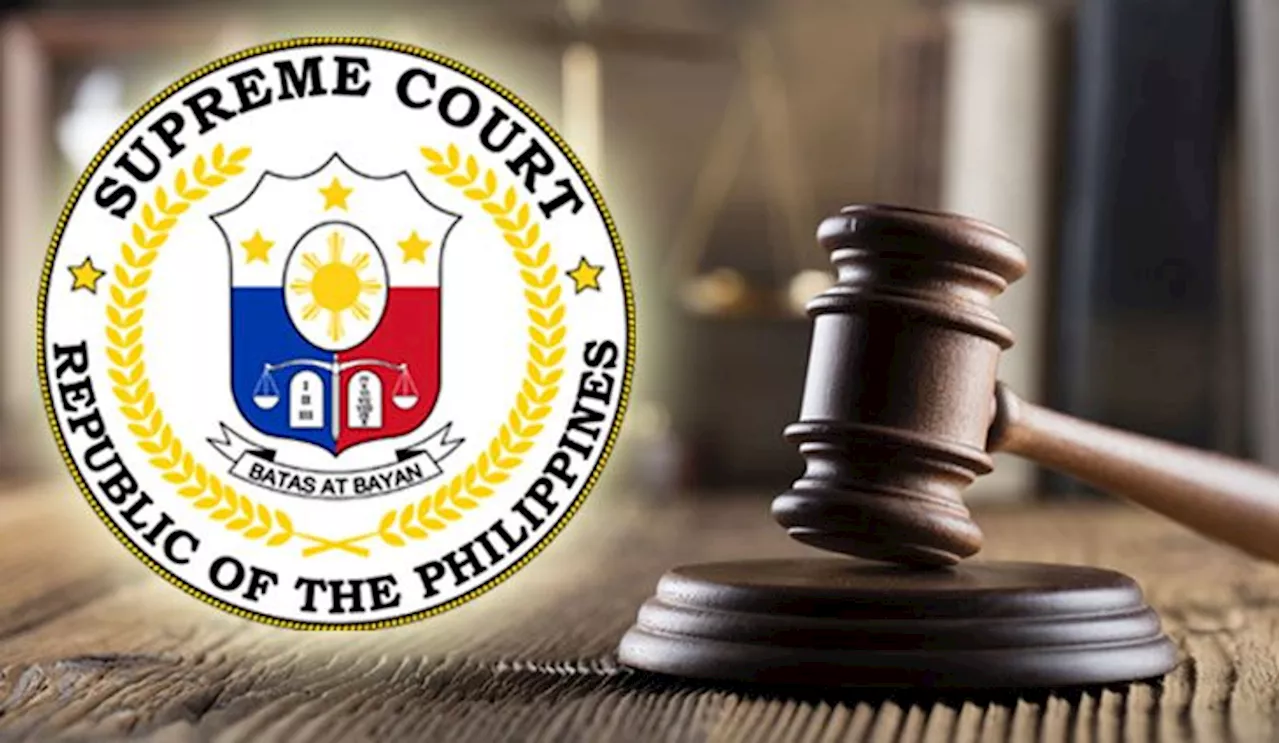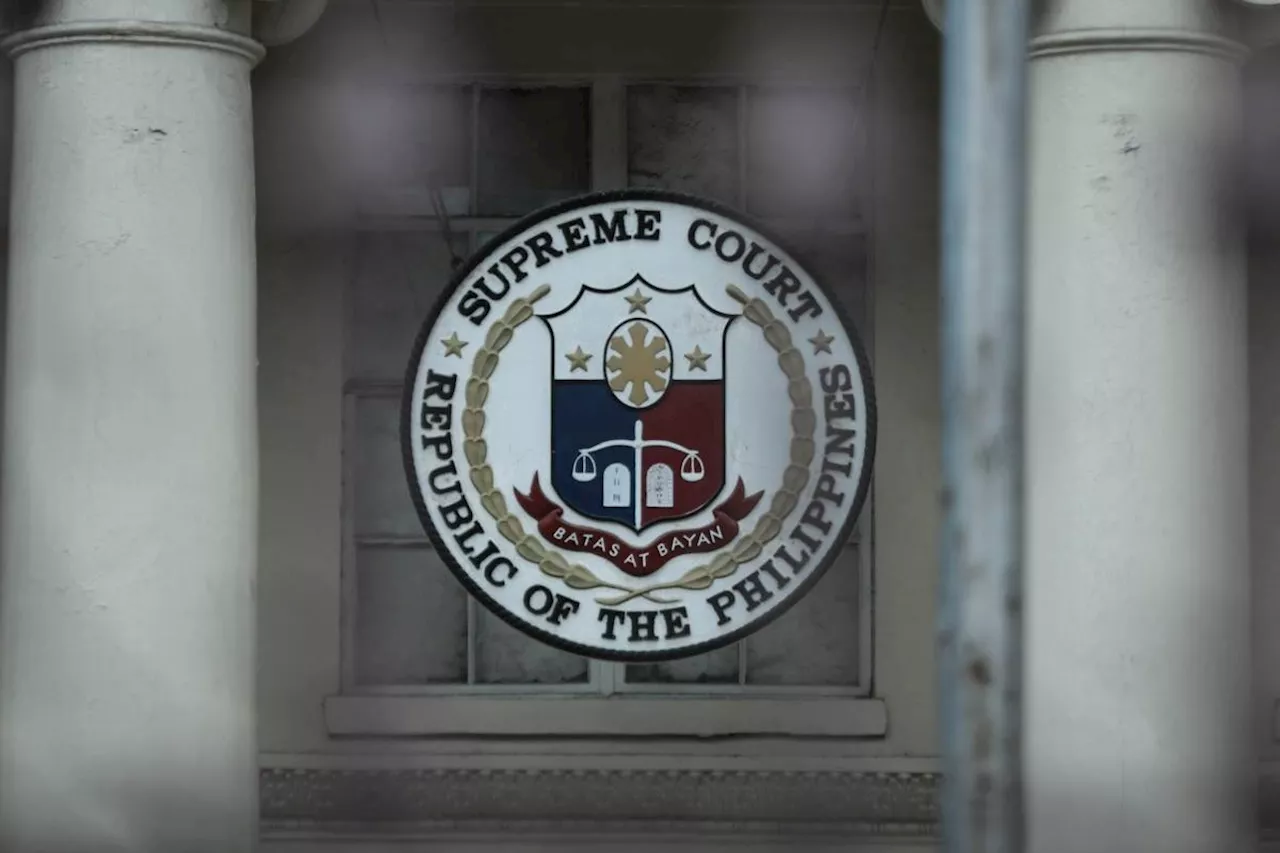The Supreme Court clarified that even if a taxpayer is acquitted of criminal tax charges, they are still legally obligated to pay any outstanding taxes. This decision emphasizes the distinction between criminal and civil tax liabilities.
The Supreme Court (SC) on Friday ruled that being acquitted of a criminal tax violation does not automatically exempt a taxpayer from paying unpaid taxes. In a decision penned by Associate Justice Mario V. Lopez, the SC’s Second Division dismissed the criminal cases against E & D Parts and Supply, Inc. and its treasurer, Margaret Uy, due to lack of evidence.
The Office of the Solicitor General (OSG) previously filed criminal cases before the Court of Tax Appeals (CTA) against the company and Uy for failing to file the company’s income tax return and pay income and value-added tax. The CTA dismissed the criminal cases due to insufficient evidence proving Uy was a responsible officer of the company. Additionally, it dismissed the related civil case that aimed to determine the amount of taxes the company owed. However, the OSG argued before the SC that the company should still pay the tax due regardless of the acquittal. The High Tribunal has since ruled that even if a taxpayer is acquitted of a criminal charge, they remain liable for unpaid taxes. It explained that an obligation to pay taxes arises from the law itself, and not from committing a criminal act like tax evasion
Supreme Court Taxes Tax Liability Criminal Charges Acquittal
United Kingdom Latest News, United Kingdom Headlines
Similar News:You can also read news stories similar to this one that we have collected from other news sources.
 Supreme Court Rules on Validity of Search WarrantsThe Supreme Court of the Philippines ruled that search warrants lacking precise details about the location to be searched are invalid, leading to the acquittal of an individual charged with drug offenses.
Supreme Court Rules on Validity of Search WarrantsThe Supreme Court of the Philippines ruled that search warrants lacking precise details about the location to be searched are invalid, leading to the acquittal of an individual charged with drug offenses.
Read more »
 Supreme Court Rules Against Municipal Waters, Favoring Large Fishing CorporationsThe Supreme Court has erased the concept of 'municipal waters,' prioritizing large fishing corporations over local fisherfolk. This decision, while based on a strict interpretation of the Constitution, is criticized for ignoring the spirit of the law and potentially harming local communities, the marine environment, and food security.
Supreme Court Rules Against Municipal Waters, Favoring Large Fishing CorporationsThe Supreme Court has erased the concept of 'municipal waters,' prioritizing large fishing corporations over local fisherfolk. This decision, while based on a strict interpretation of the Constitution, is criticized for ignoring the spirit of the law and potentially harming local communities, the marine environment, and food security.
Read more »
 Supreme Court Rules on Search Warrant SpecificityThe Supreme Court of the Philippines ruled that search warrants must clearly define the location to be searched, otherwise they are invalid. The ruling, which overturned convictions based on a defective warrant, emphasizes constitutional protections against unlawful searches and seizures. The Court cited a case where agents used a vague address, allowing for undue discretion and potential for arbitrary intrusions.
Supreme Court Rules on Search Warrant SpecificityThe Supreme Court of the Philippines ruled that search warrants must clearly define the location to be searched, otherwise they are invalid. The ruling, which overturned convictions based on a defective warrant, emphasizes constitutional protections against unlawful searches and seizures. The Court cited a case where agents used a vague address, allowing for undue discretion and potential for arbitrary intrusions.
Read more »
 Supreme Court Rules Wealth Not a Barrier to Public OfficeThe Supreme Court of the Philippines has declared that financial resources are not a prerequisite for running for public office. The court overturned a lower court decision that disqualified Juan Olila Ollesca as a nuisance candidate in the 2022 presidential elections.
Supreme Court Rules Wealth Not a Barrier to Public OfficeThe Supreme Court of the Philippines has declared that financial resources are not a prerequisite for running for public office. The court overturned a lower court decision that disqualified Juan Olila Ollesca as a nuisance candidate in the 2022 presidential elections.
Read more »
 Supreme Court Rules on Nuisance Candidate DefinitionThe Supreme Court of the Philippines clarifies the criteria for identifying nuisance candidates, emphasizing that financial limitations and lack of name recognition alone are insufficient grounds for disqualification.
Supreme Court Rules on Nuisance Candidate DefinitionThe Supreme Court of the Philippines clarifies the criteria for identifying nuisance candidates, emphasizing that financial limitations and lack of name recognition alone are insufficient grounds for disqualification.
Read more »
 Supreme Court Rules Financial Resources Not Automatic Disqualification for Public OfficeThe Supreme Court of the Philippines has ruled that a candidate's lack of financial resources to fund a nationwide campaign does not automatically disqualify them from running for public office.
Supreme Court Rules Financial Resources Not Automatic Disqualification for Public OfficeThe Supreme Court of the Philippines has ruled that a candidate's lack of financial resources to fund a nationwide campaign does not automatically disqualify them from running for public office.
Read more »
